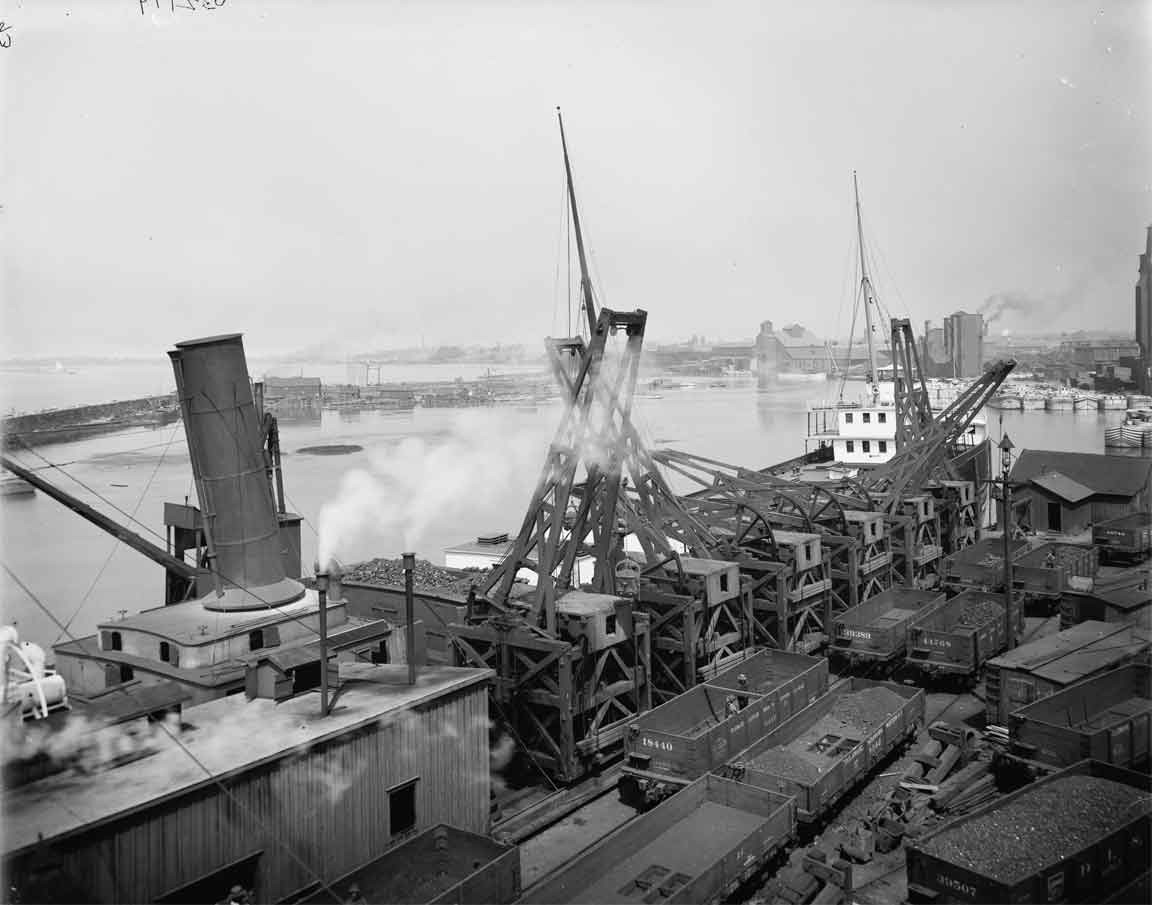The McKinley Tariff 1890

National American Woman Suffrage Association's support for Bristow-Mondell amendment.
The highest tariff in American history, to date, was passed. It called for a tariff of over 49.5% on most goods. The eastern industrialist interests, who were strong supporters of protectionism, were the prime movers behind the tariffs. The Democrats, under Cleveland, lowered the tariffs slightly. They were soon raised again.
Sure, here is the revised version with improved grammar:
---
By the late 1880s, tariffs had evolved into a central political issue. Tariffs had two main purposes: they were a major source of funds for the government and provided protection for American companies from foreign competition. The latter, known as protectionism, involved determining how much protection to give American manufacturers, an issue that had been contentious since the earliest days of the country and often divided different regions. Manufacturers and states with significant manufacturing tended to support higher tariffs, while agricultural producers who exported a great deal of their products opposed them. Tariffs were good for manufacturers but bad for consumers since they increased the price of imported products.
In 1887, Grover Cleveland devoted his entire State of the Union address to the need to lower tariffs. Tariffs became a partisan issue, with Democrats supporting tariff reduction and Republicans pushing for higher tariffs. In 1888, the Republicans ousted Cleveland, and the House and Senate were controlled by the Republicans. William McKinley became the Chairman of the House Ways and Means Committee, the committee responsible for setting tariff policy. McKinley, who had always received support from big business and was known as the "Napoleon of Protection," moved to raise tariffs. The House began to debate tariffs, and a total of 450 amendments were presented. When the Tariff Act of 1890 was finally passed, it increased average taxes on imports from 38% to 49.55%, the highest level in American history.
The bill included a number of special provisions, such as raising the tariffs on tin-plates to 70% but including a provision that if domestic manufacturing did not increase to one-third of imports, the tariff would be eliminated completely. It also substantially increased tariffs on low-quality wool. However, it did eliminate tariffs on sugar, molasses, tea, coffee, and hides.
---
